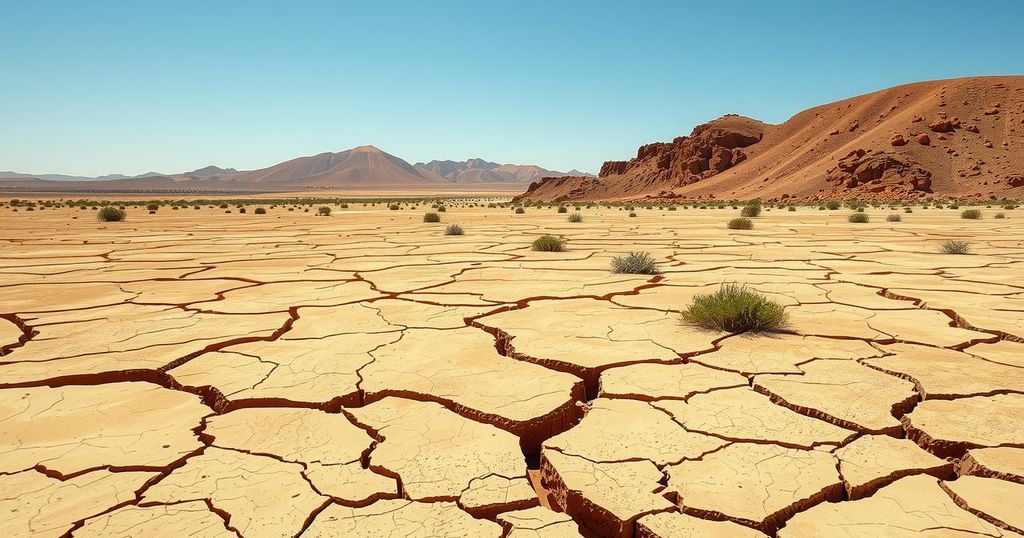Morocco’s Water Crisis: Recent Rainfall Offers Temporary Relief, Yet Challenges Persist
Morocco has witnessed beneficial rainfall, raising dam levels from 26% to 35%, yet the crisis persists, with central and southern locations still struggling. Experts warn that drought is a historical issue requiring structural solutions, and recent rains should not lead to complacency. Calls for urgent reforms in water management and agricultural practices are emphasized to sustainably address water scarcity in the nation.
Recent heavy rainfall in Morocco has alleviated immediate water concerns, with the dam filling rate improving to 35% from 26% last year. However, this figure remains significantly lower than the 68% recorded in 2018, highlighting the ongoing challenges of water scarcity. While northern regions have benefited from the rains, central and southern areas still experience notable struggles, necessitating a continuous focus on long-term water management strategies to address structural issues.
Experts emphasize that Morocco’s history is marked by drought, which is not a new phenomenon. Mohammed-Said Karrouk, a climatology professor, states, “Morocco has always been a country of drought. This is structural, not something new.” He critiques government approaches to water management, suggesting that technical successes have not translated into effective social and political strategies. Karrouk argues that despite significant rainfall, central and southern regions still face deep-seated water table depletion, complicating recovery efforts.
Abdelhakim El Filali, a water and environmental expert, concurs, warning against the complacency that may arise from recent rainfall. He implores stakeholders to recognize that patterns of drought and wet periods are characteristic of Morocco’s climate, stating, “What we’re experiencing today with climate change is integral to Morocco’s climate identity.” El Filali stresses the importance of responsible water consumption and reevaluating agricultural policies to mitigate the challenges posed by increasing water demand.
The experts advocate for urgent reforms, including a review of water consumption practices, the enforcement of water laws, and the acceleration of infrastructure projects aimed at enhancing water supply. El Filali highlights that non-compliance with water regulations remains rampant, with 91% of wells reported unlicensed. He concludes by urging for accountability in water resource management to better prepare Morocco for its inherent climatic challenges.
In summary, although recent rainfall in Morocco has momentarily improved dam levels, it is crucial to recognize that the country faces long-standing structural water challenges rooted in its climatic history. Experts call for a comprehensive, responsible approach to manage water resources effectively, emphasizing the need for strategic reforms in water consumption and agricultural policies to ensure stability amidst ongoing drought conditions. Long-term planning and accountability are deemed essential for addressing the recurring cycle of water scarcity in Morocco.
Original Source: www.moroccoworldnews.com




Post Comment